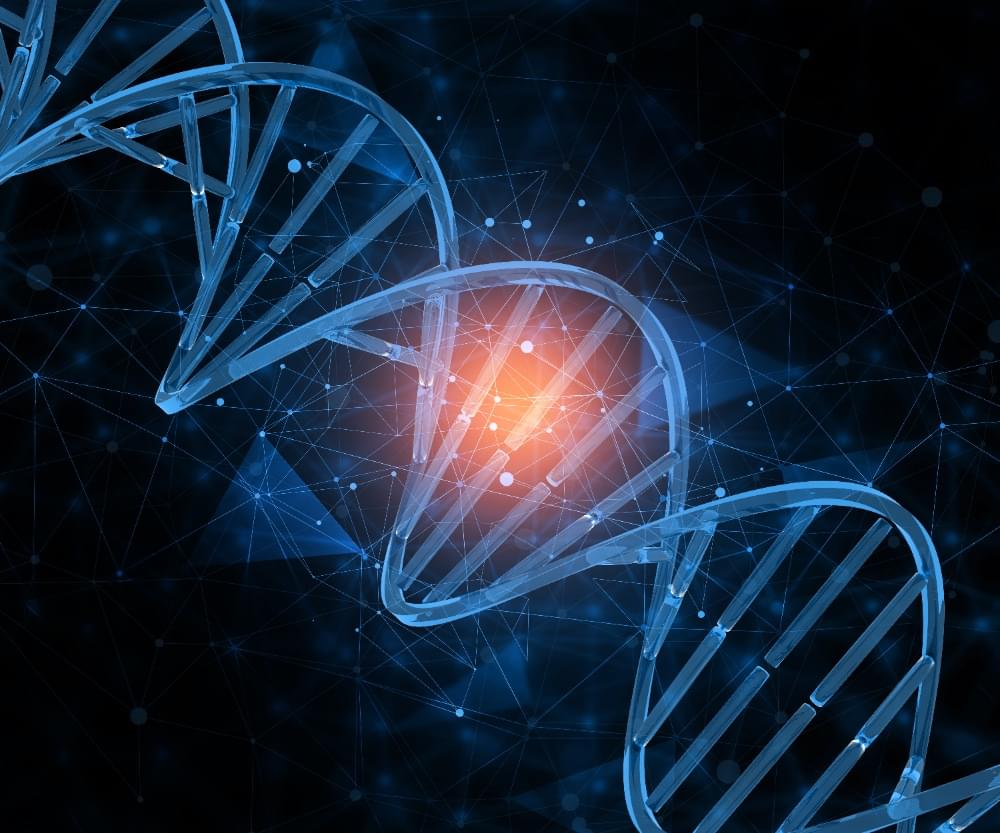Astrocytes are star-shaped glial cells in the central nervous system that support neuronal function, maintain the blood-brain barrier, and contribute to brain repair and homeostasis. The evolution of these cells throughout the progression of Alzheimer’s disease (AD) is still poorly understood, particularly when compared to that of neurons and other cell types.
Researchers at Massachusetts General Hospital, the Massachusetts Alzheimer’s Disease Research Center, Harvard Medical School and Abbvie Inc. set out to fill this gap in the literature.
Their paper, published in Nature Neuroscience, provides one of the most detailed accounts to date of how different astrocyte subclusters respond to AD across different brain regions and disease stages, providing valuable insights into the cellular dynamics of the disease.










Leave a reply